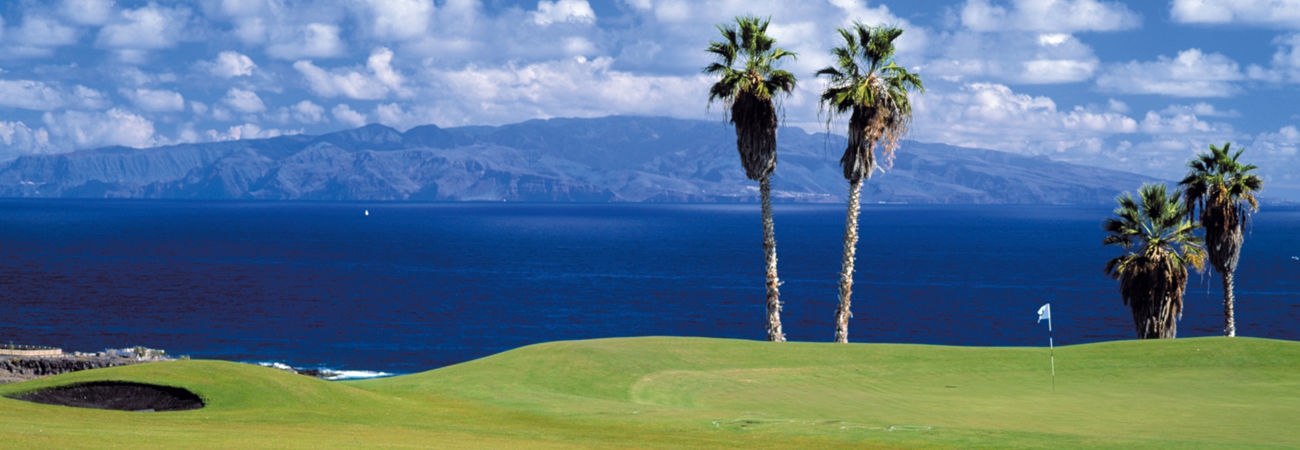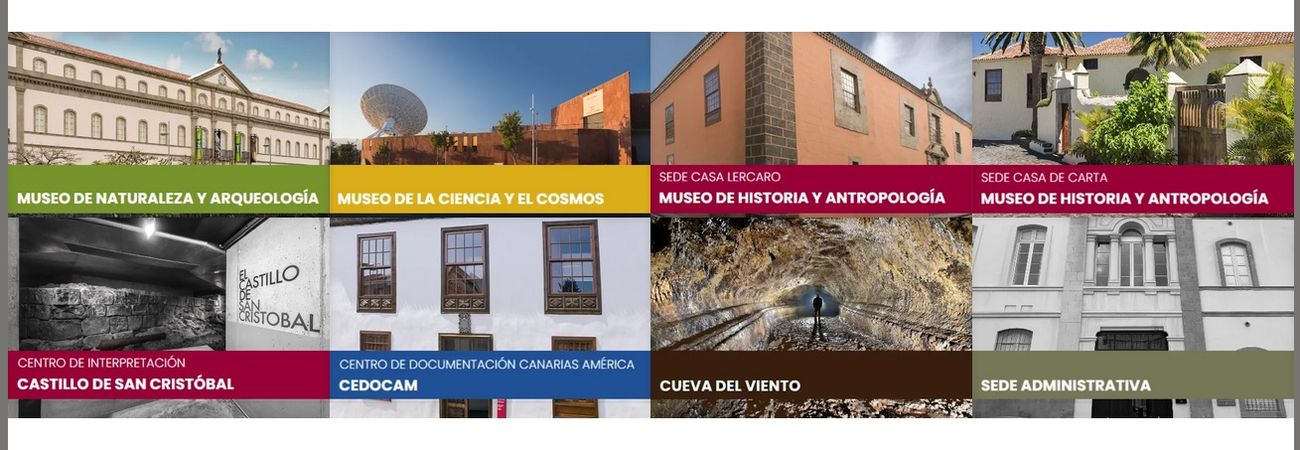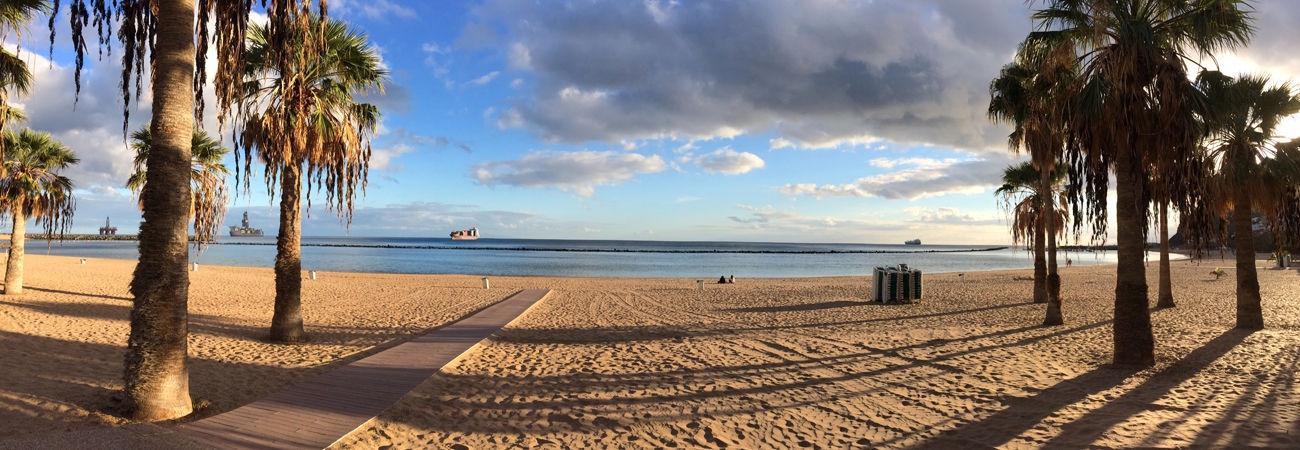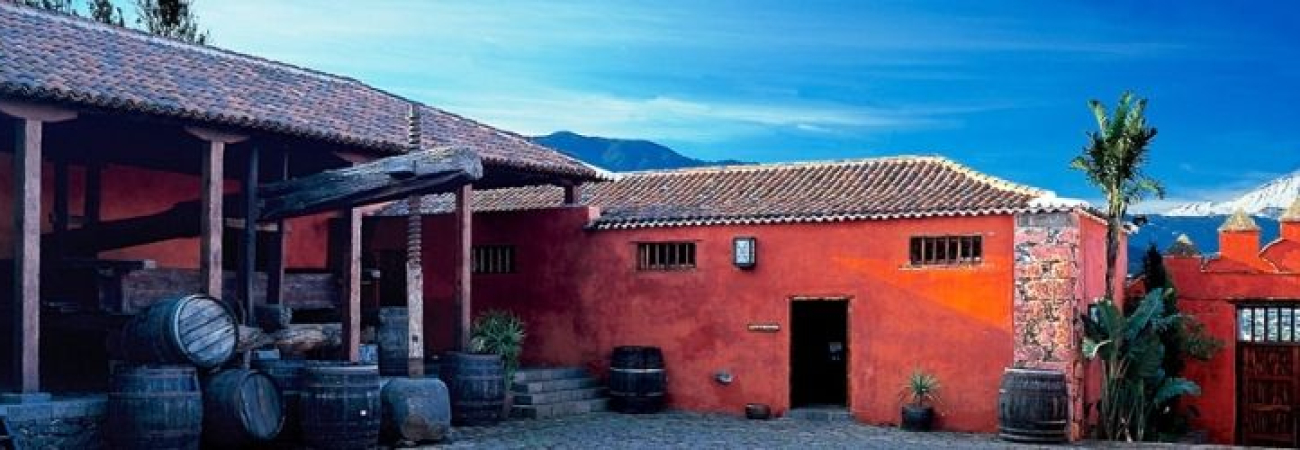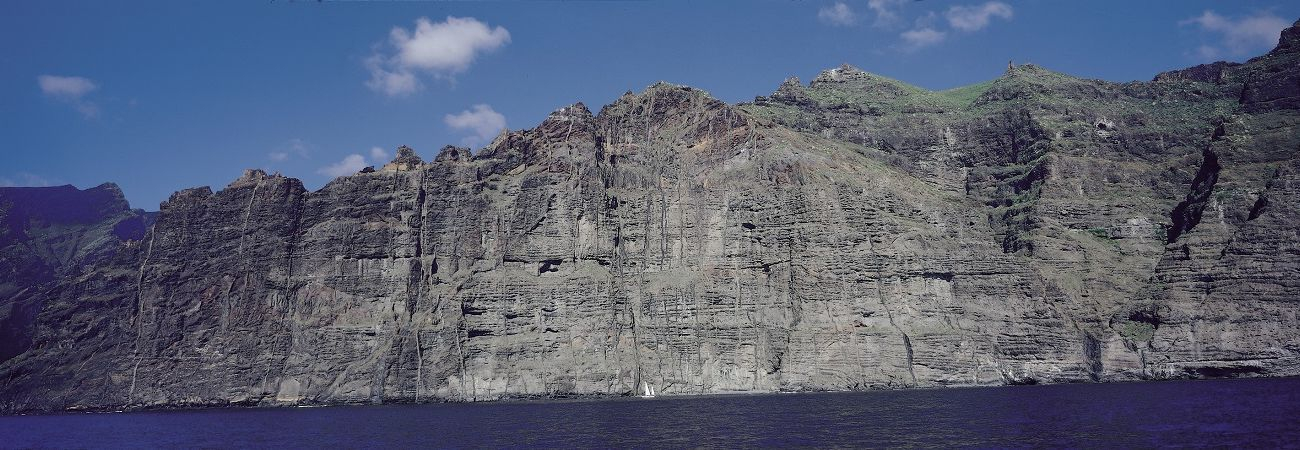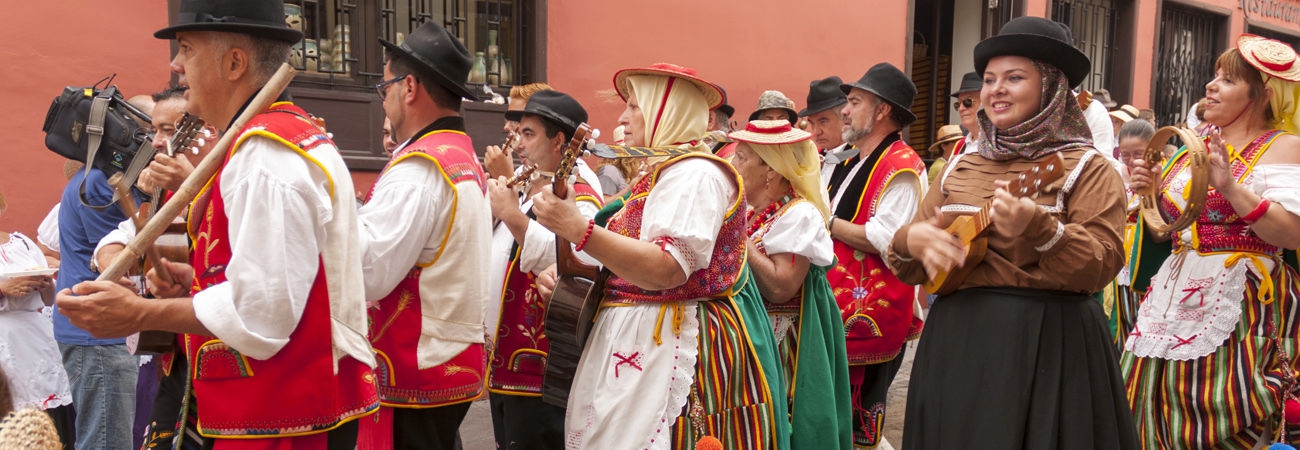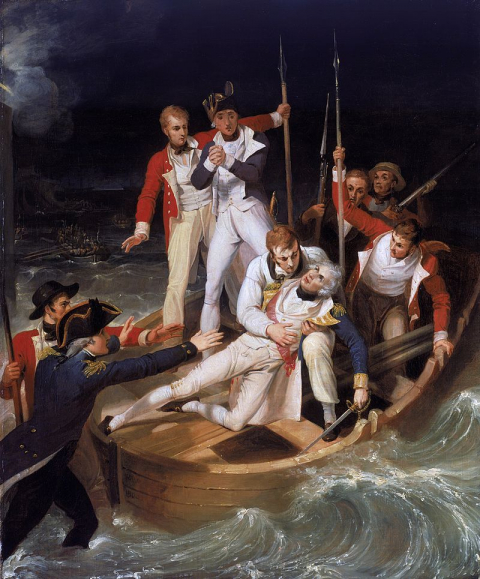Modern times
Overseas trade and the farming wealth of the Islands - Malmsey became the most famous and highly appreciated wine in the world, together with their strategic position, attracted a widely varied and cosmopolitan mixture of people, including Spaniards, Portuguese, Englishmen and Dutchmen, who were the forefathers of the current population of the islands.
For exactly the same reasons, the Canary Islands have often been in the sights of pirates and foreign powers. There have been constant skirmishes. In 1797, Admiral Nelson tried to take the city of Santa Cruz de Tenerife with his fleet but was defeated by General Gutierrez, loosing his right arm in the battle. The letters and gifts the two sides exchanged, before Horatio Nelson left the waters of Tenerife, bear witness to the cordial and hospitable nature of the islanders, even in times of war.
Throughout their history, the Canary Islands have maintained certain financial and administrative peculiarities, in comparison with the rest of Spain, because of their geographical position.
In recent times, these differences were embodied in the Free Ports Act (1852), the establishment of Island Cabildos, which, as has been said in other sections, are a kind of island government, (1912) and with the approval of a special tax and financial system for the islands (REF). In 1982, the Canary Islands became an Autonomous Community and they joined the European Economic Community in 1986, along with the rest of Spain, but with a special status.









